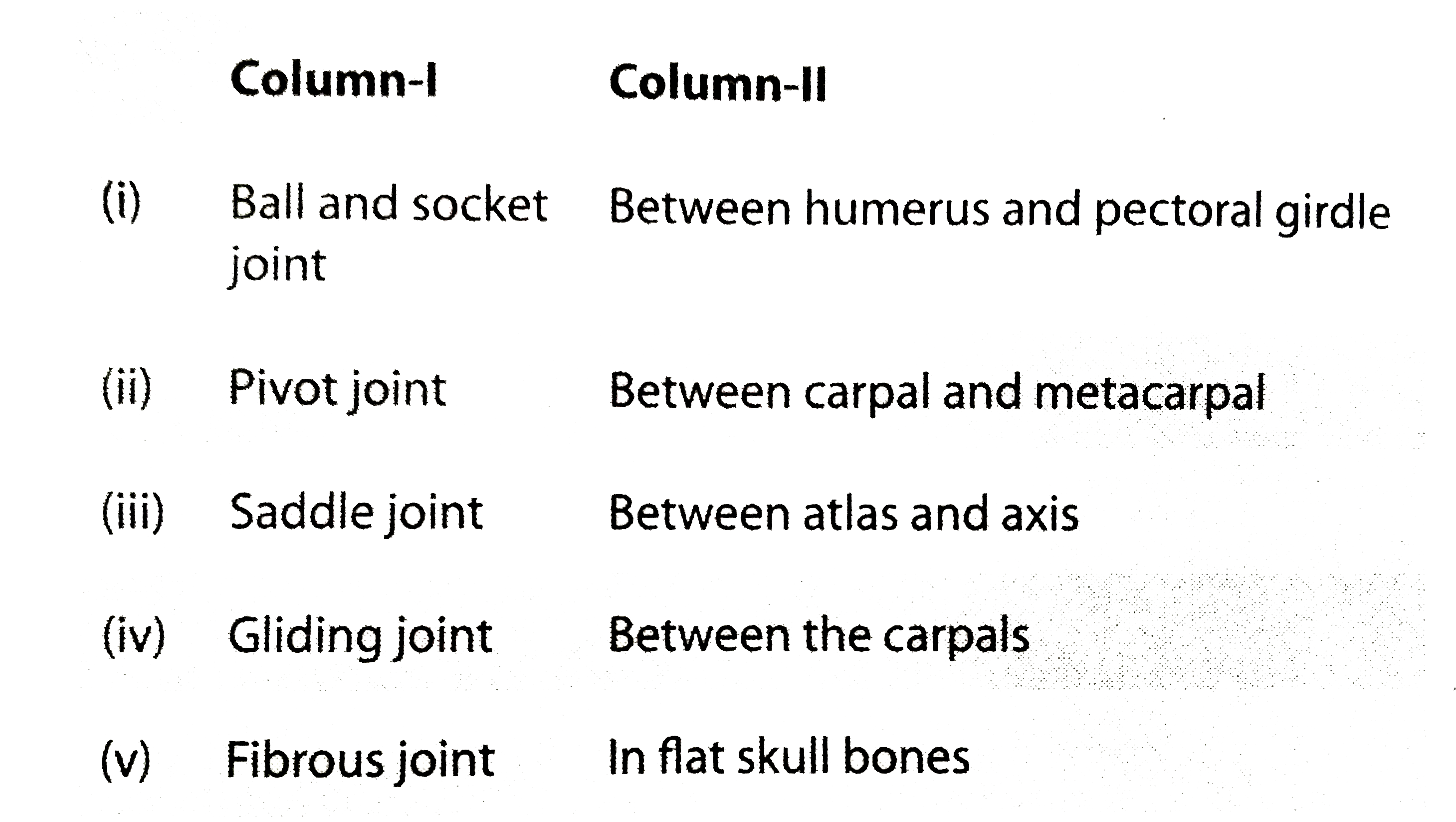Element which does not reach with .
1,3
1,2,3
1,4
1,3,5
The correct Answer is:A
To determine which element does not react with sodium hydroxide (NaOH), we need to analyze the behavior of the given elements: Magnesium (Mg), Beryllium (Be), Aluminum (Al), and Zinc (Zn) when they come into contact with NaOH.
1. Understanding the Reactivity with NaOH:
- Sodium hydroxide is a strong base and can react with certain metals to form metal hydroxides and hydrogen gas.
- However, not all metals react with NaOH due to the presence of a protective oxide layer or other reasons.
2. Analyzing Each Element:
- Magnesium (Mg):
- Magnesium can react with NaOH, but it typically does not react in the presence of a protective oxide layer. Thus, it is often considered unreactive under certain conditions.
- Beryllium (Be):
- Beryllium does not react with NaOH because it forms a stable oxide layer that protects it from further reaction.
- Aluminum (Al):
- Similar to magnesium and beryllium, aluminum also forms a protective oxide layer, which prevents it from reacting with NaOH under normal conditions.
- Zinc (Zn):
- Zinc reacts with NaOH to form sodium zincate (Na2ZnO2) and hydrogen gas. Therefore, zinc does react with NaOH.
3. Conclusion:
- The elements that do not react with NaOH are Magnesium (Mg) and Aluminum (Al) due to their oxide layers.
- Therefore, the correct answer is (i) Mg and (iii) Al.
Final Answer:
The elements which do not react with NaOH are (i) Mg and (iii) Al.
---
- Sodium hydroxide is a strong base and can react with certain metals to form metal hydroxides and hydrogen gas.
- However, not all metals react with NaOH due to the presence of a protective oxide layer or other reasons.
- Magnesium (Mg):
- Magnesium can react with NaOH, but it typically does not react in the presence of a protective oxide layer. Thus, it is often considered unreactive under certain conditions.
- Beryllium (Be):
- Beryllium does not react with NaOH because it forms a stable oxide layer that protects it from further reaction.
- Aluminum (Al):
- Similar to magnesium and beryllium, aluminum also forms a protective oxide layer, which prevents it from reacting with NaOH under normal conditions.
- Zinc (Zn):
- Zinc reacts with NaOH to form sodium zincate (Na2ZnO2) and hydrogen gas. Therefore, zinc does react with NaOH.
- The elements that do not react with NaOH are Magnesium (Mg) and Aluminum (Al) due to their oxide layers.
- Therefore, the correct answer is (i) Mg and (iii) Al.
The elements which do not react with NaOH are (i) Mg and (iii) Al.
Topper's Solved these Questions
Similar Questions
How does NaOH react with the following?
(i) AI (ii) P
View SolutionSelect correct set of species which can't react with water but react with NaOH,
(i) NO2
(ii) P4
(iii) Al
(iv) I2
View SolutionChoose the elements which from monovalent ions :
(i) Li (ii) Ca (iii) F (iv) Al (v) P (vi) K
View SolutionExpress in kg:(i) 200 g (ii) 3470 g (iii) 4 kg 8 g (iv) 2598 mg
View SolutionWhich of the following is correct:
(a) The element Mendelebium (d) has been named is the honour of Mendeleev. What is the atomic number of that element?
(i) 100 , (ii) 101 , (iii) 102 , (iv) 103
(b) The element Seaborgium (Sg) has been nemed in the honour of Glenn T. Seaborg. What is the atomic number of that elements?
(i) 104 , (ii) 105 , (iii) 106 , (iv) 107
(c ) Glenn T. Seaborg was awarded Nobel Prize in 1951 for the discovery of which element/elements?
(i) Uranium (U)
(ii) Elelments from 90 to 93
(iii) Elements from 94 to 102
(iv) elements from 103 to 106
View SolutionIn which quadrant does the given points lie
(i) (4,−2)
(ii) (−2,−2)
(iii) (4,3)
(iv) (−3,4)
View SolutionWhich one of the following does not exist ?
(i) XeOF4 (ii) NeF2 (iii) XeF2 (iv) XeF6
View SolutionWhich one of the following does not exist ?
(i)XeOF4(ii)NeF2(iii)XeF2(iv)XeF6.
View SolutionWhich of the following is/are not carrectly mathched pairs ?

(a) (ii) and (iii)
(b) (i) and (iv)
(c) (v) only
(d) (ii) only
View SolutionLabel the parts (i), (ii), (iii) and (iv)

View Solution
